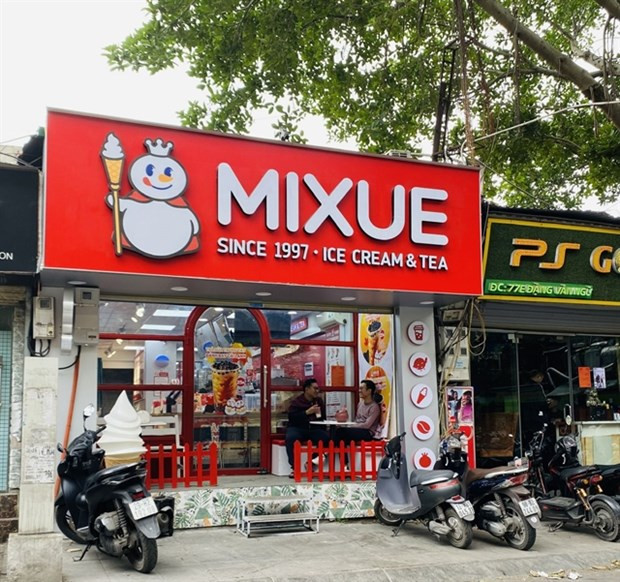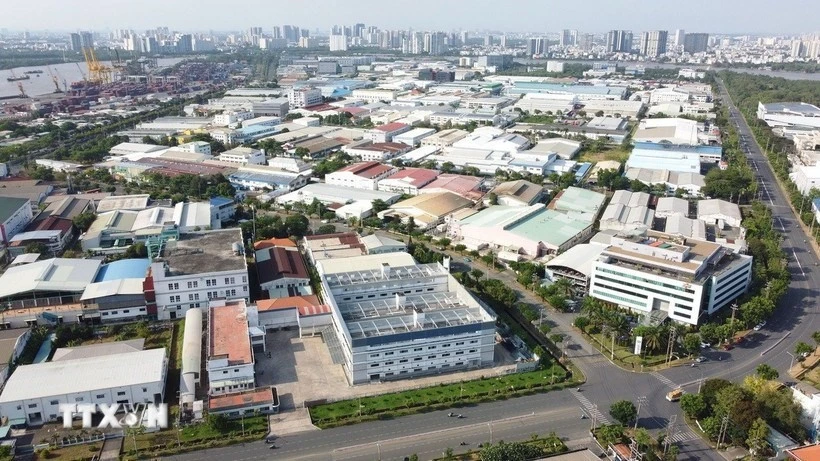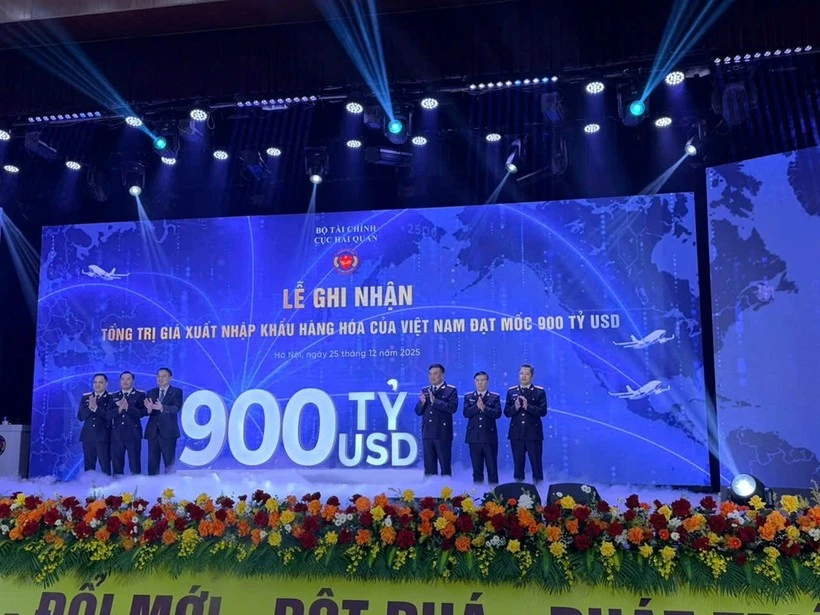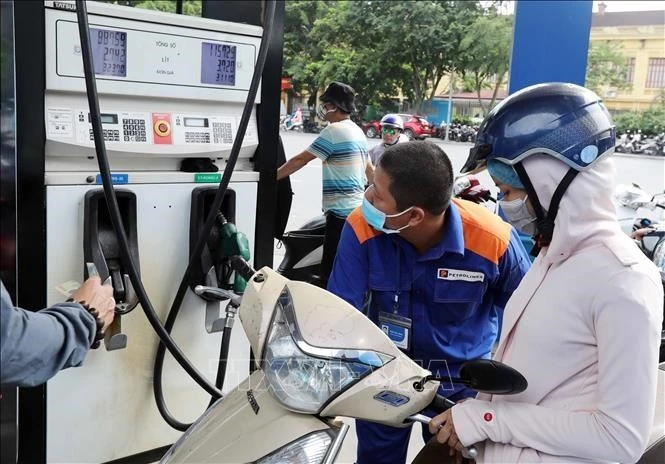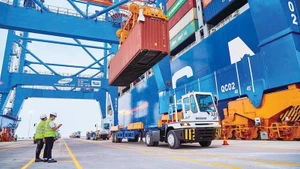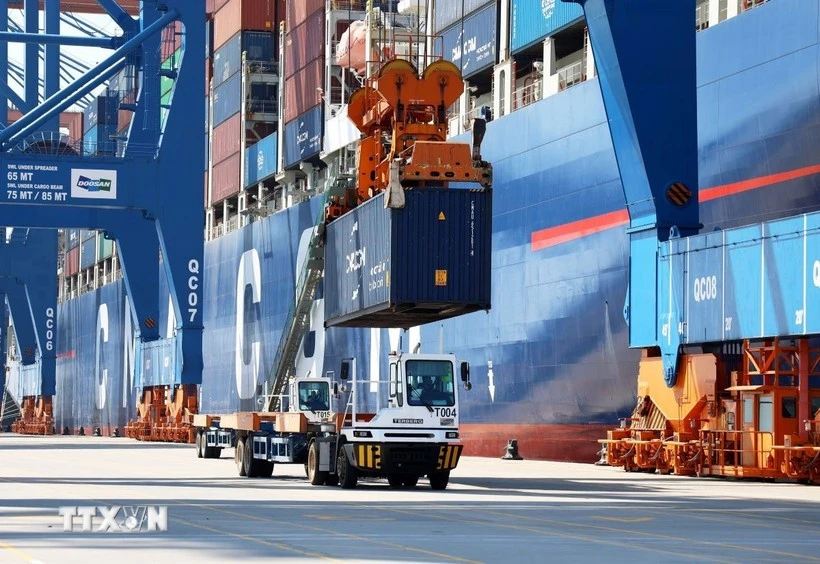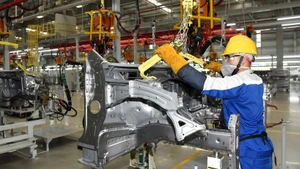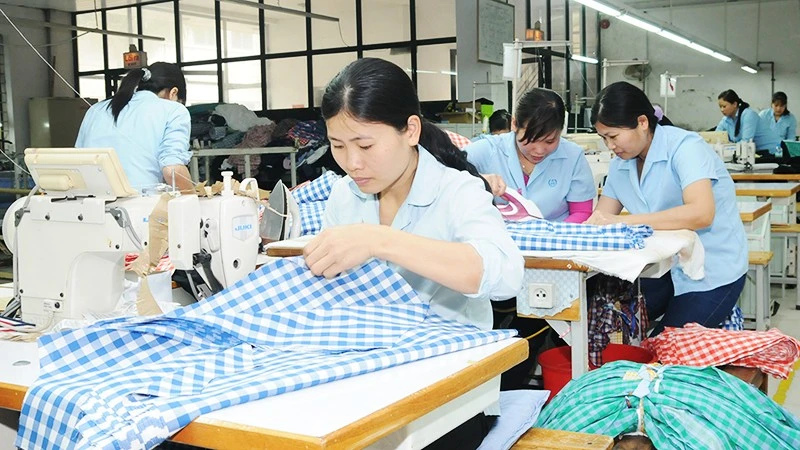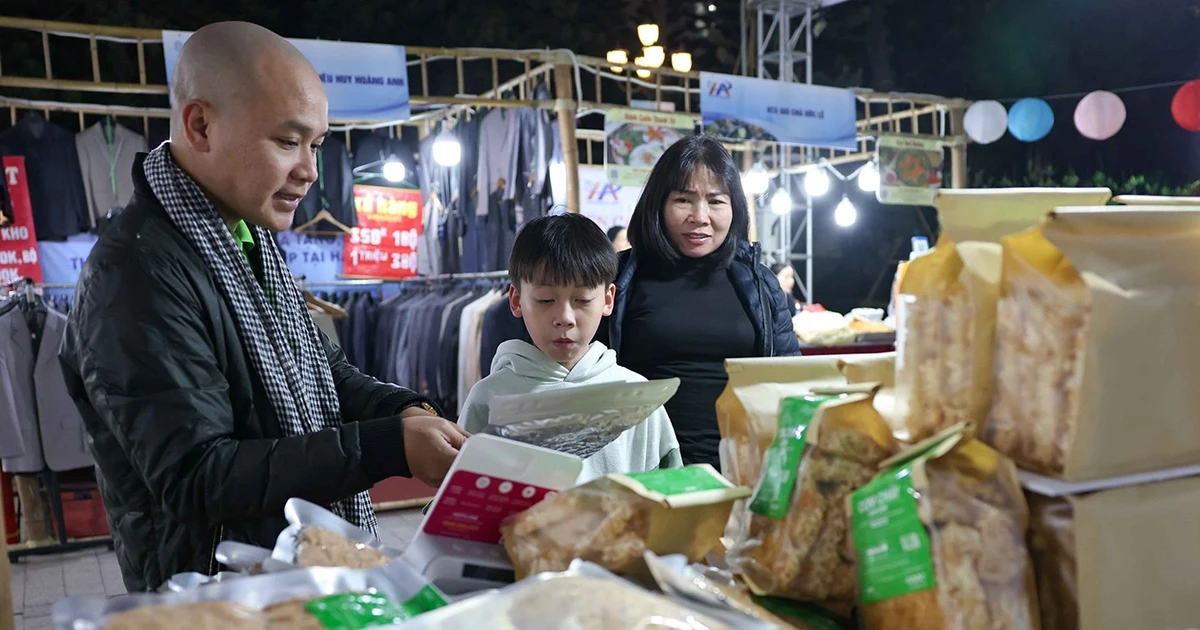Recently, Mixue, a Chinese chain of fresh ice cream and tea stores focusing on the low-end market and Generation Z, announced it had reached 1,000 stores through franchising after nearly five years of operation in Vietnam – a scale that no F&B brand had ever reached.
Despite the global economic slowdown, top-of-mind F&B brands expanded their chains after the COVID-19 pandemic.
As of February, Highland Coffee had around 600 stores, an increase of 63.5% compared to March 2021.
Trung Nguyen E-Coffee nearly doubled its stores from 308 in March 2021 to 620 in February 2023.
Phuc Long, after receiving the capital from Masan Group, expanded rapidly to more than 900 stores, including 132 flagship stores and more than 770 kiosks at WinMart/WinMart , compared to just 80 stores in March 2021.
According to a report about the F&B market by iPOS.vn, the F&B market saw a considerable recovery after the COVID-19 pandemic to reach a revenue of 610 trillion VND in 2022, up 139%.
The market was forecast to expand at 18% this year and hit 1 quadrillion VND in 2026.
The report also pointed out that there were about 338,600 restaurants and coffee shops in Vietnam in 2022, up 39% over 2021.
The market this year would see harsh competition among major chains for market shares while small ones became more cautious, iPOS.vn said.
The market was also seeing the expansions of new names such as Phe La, Katinat Saigon Kafe, and Cheese Coffee.
According to a report by Viet Dragon Securities Company (VDSC), the F&B industry will be more robust from the second half of this year.
VDSC also pointed out that Vietnamese consumers could continue to spend in F&B with a tendency to choose products with more reasonable prices.
The recovery of tourism would also aid the F&B industry, VDSC said.
Going digital
Digital transformation was an unavoidable trend for the F&B industry to create a competitive advantage, which was highlighted by the COVID-19 pandemic.
iPOS’ survey found that 82.8% of F&B companies embarked on digital transformation. However, most remained at using sales management software.
According to Do Huu Hung, CEO of ACCESSTRADE Vietnam, digital transformation created an opportunity for enterprises to look back on their development, business models and orientations. Digital transformation would create changes for the F&B industry, he said.
